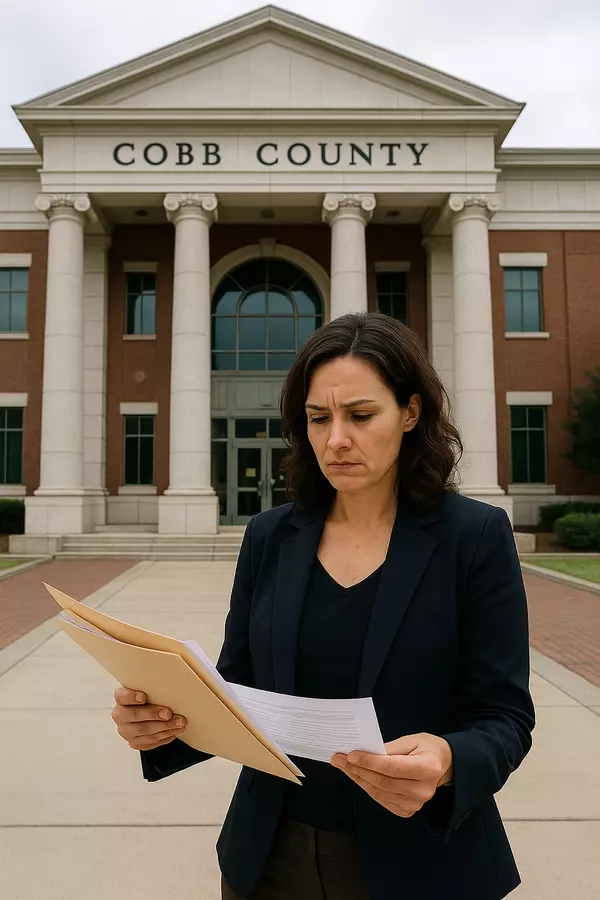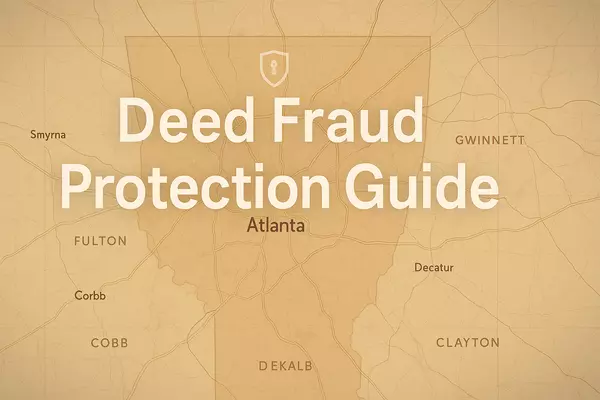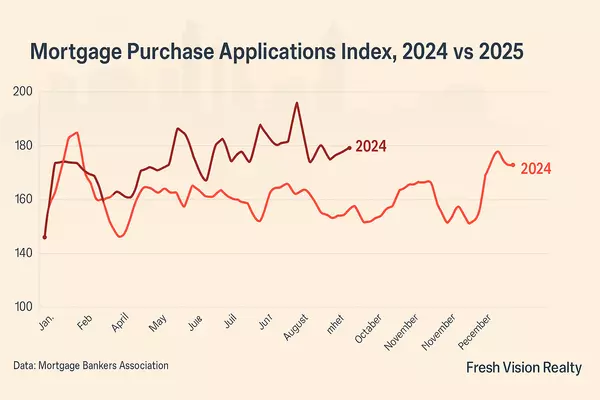Woman Divorcing in Cobb and Cherokee County Real Estate: What You Need to Know
Divorce and Real Estate in Georgia
When a woman is divorcing in Cobb or Cherokee County, one of the most complex issues often involves real estate, especially the marital home. Decisions about whether to sell, refinance, or divide property have significant financial and emotional consequences. Understanding your rights, responsibilities, and options is critical to protecting your future.
Divorce Laws in Georgia Affecting Real Estate
Residency and Filing Requirements
Before filing for divorce, at least one spouse must have lived in Georgia for six months. The divorce is filed in the Superior Court of the county where one spouse resides.
Marital vs. Separate Property
-
Marital property: Real estate purchased during the marriage, even if only one spouse’s name is on the deed.
-
Separate property: Real estate owned before marriage, or property inherited or received as a gift (unless commingled with marital funds).
Real Estate and Property Division During Divorce
How Georgia’s Equitable Distribution Law Works
Georgia follows equitable distribution, meaning property is divided fairly, not necessarily 50/50. For women divorcing, this means courts look at factors like:
-
Financial contributions of each spouse
-
Who paid the mortgage and household expenses
-
Future housing needs, especially when children are involved
Valuation of Homes and Property
Courts often require a professional appraisal to determine a home’s fair market value. Women should ensure an independent appraisal is done to prevent undervaluation.
Common Disputes Over Real Estate in Divorce
-
Who keeps the marital home
-
Division of vacation properties or land
-
Handling rental properties or investment real estate
Options for Dividing Real Estate in Cobb and Cherokee County
Selling the Marital Home
Selling is often the simplest option. Proceeds are divided according to court orders or agreements. This avoids disputes over mortgage responsibility.
One Spouse Buying Out the Other
If a woman wishes to retain the marital home, she can refinance and purchase her spouse’s share. This requires proof of income and creditworthiness.
Co-Ownership After Divorce
Rare but possible, some couples continue to jointly own a property, especially rental homes, until a later agreed-upon sale date.
Protecting Your Home and Assets as a Woman
Mortgage Responsibility and Liability
Even if your spouse agrees to pay the mortgage, if your name is on the loan, you remain legally responsible. Refinancing removes liability.
Ensuring Fair Appraisals in Divorce
Hire an independent appraiser instead of relying solely on your spouse’s valuation. This prevents undervaluing real estate.
Handling Rental or Investment Properties
Rental homes in Cobb or Cherokee counties require additional steps, including dividing rental income, expenses, and tax liabilities.
Special Considerations in Cobb and Cherokee County Real Estate
Local Housing Market Trends and Impact on Divorce Settlements
Cobb and Cherokee counties have seen rising home values, meaning women may receive larger settlements but also face challenges in refinancing.
County Court Procedures for Real Estate Division
-
Cobb County Superior Court (Marietta) and Cherokee County Superior Court (Canton) both handle real estate disputes in divorce.
-
Judges often prefer negotiated settlements to avoid forced sales of property.
Tax and Financial Implications of Real Estate Division
Capital Gains and Divorce Property Sales
Selling a home after divorce may trigger capital gains taxes if profits exceed IRS limits. Women should consult tax advisors before selling.
Refinancing and Mortgage Transfers
If keeping the marital home, women may need to refinance the mortgage to remove the spouse’s liability. This requires careful financial planning.
Local Legal and Real Estate Resources for Women
Family Law Attorneys Specializing in Real Estate Division
Local divorce attorneys in Cobb and Cherokee counties often work closely with appraisers and financial advisors.
Real Estate Agents Experienced in Divorce Sales
Some agents specialize in selling homes during divorce, understanding both the emotional and legal aspects.
Mediation and Collaborative Divorce Options
Mediation can help couples reach agreements on real estate without the need for lengthy court battles.
FAQs About Women, Divorce, and Real Estate in Cobb and Cherokee County
Q1: Do I automatically get the house if I’m the custodial parent?
Not automatically. The judge considers financial stability, ability to maintain the home, and fairness.
Q2: What happens if my name isn’t on the deed?
If the home was bought during the marriage, it’s usually still considered marital property.
Q3: Can I force my spouse to sell the home?
If neither party can buy out the other, the court may order a sale of the home.
Q4: How long does it take to divide real estate in a divorce?
Timelines vary, but property division often aligns with the final divorce decree.
Q5: What if my spouse refuses to cooperate with selling the house?
The court can issue an order requiring the sale or awarding the property to one spouse.
Q6: Do I need both a lawyer and a real estate agent?
Yes, ideally. A lawyer protects your legal rights, while an agent ensures you get fair market value.
Securing Your Financial Future After Divorce
For a woman divorcing in Cobb and Cherokee County, knowledge of real estate disputes is power. Whether you sell, refinance, or negotiate a property settlement, understanding Georgia’s divorce laws ensures you make informed decisions. By working with family law attorneys, financial experts, and real estate professionals, you can protect your assets and create a stable foundation for your future.
👉 For additional legal resources, visit Georgia Legal Aid.
Categories
Recent Posts










GET MORE INFORMATION

Broker | License ID: H-79472